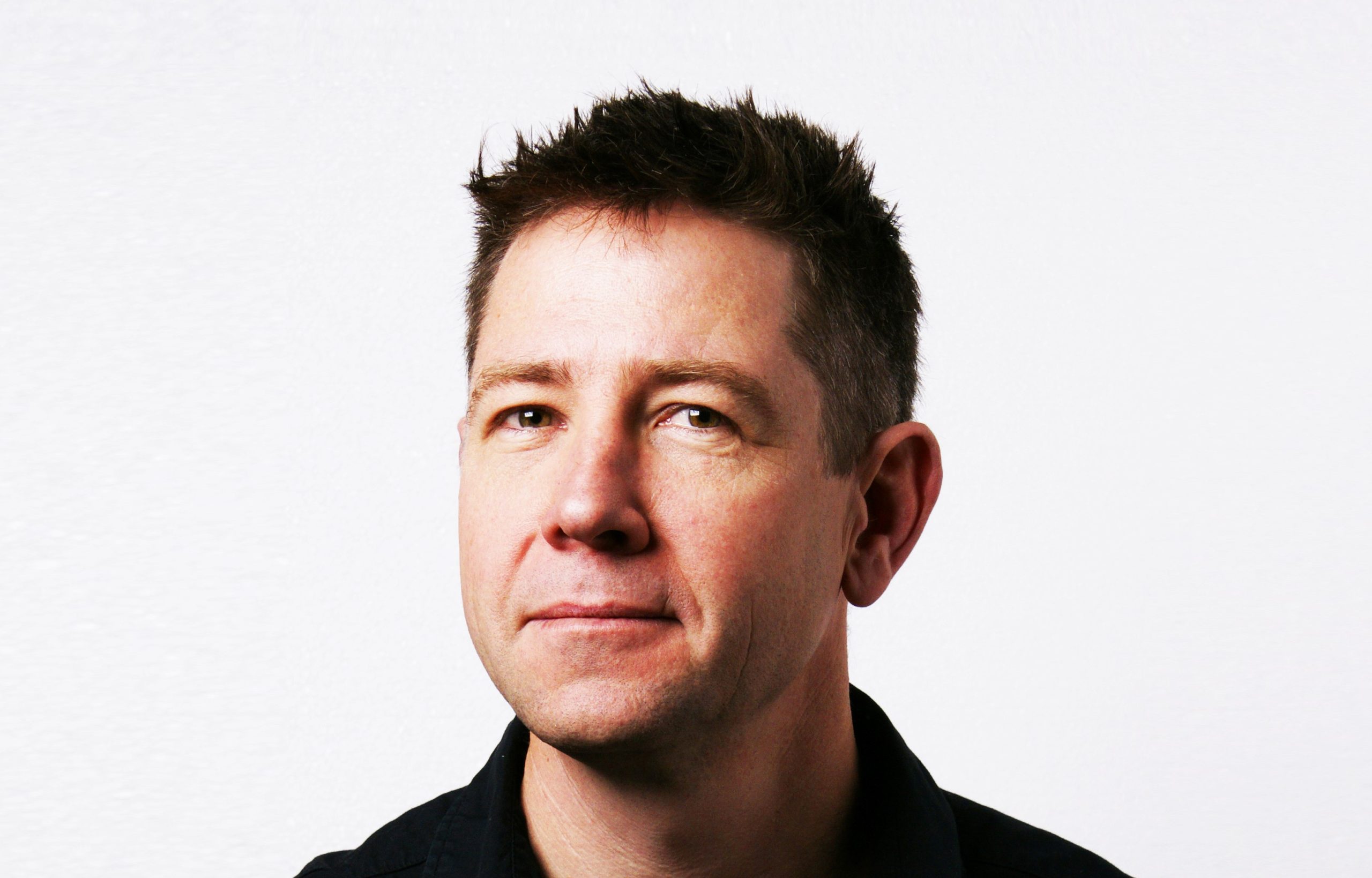 Bridging the gap between art and business has enabled Richard Scott to find commercial success.
Bridging the gap between art and business has enabled Richard Scott to find commercial success.
“I understand both business and art,” says the 45-year-old Cape Town based Scott, who is well-known for his bright, bold, ‘Naïve Pop’ painting style.
Scott’s commercial approach to his work is one pioneered by the likes of American pop artist, Andy Warhol and Picasso, and a more contemporary example, American artist Jeff Koon. As he explains, these are all artists who found success and were able to benefit financially from their art while they were still alive.
“I always knew I would work for myself”
The recipe is a simple one, says Scott: “I paint what people tell me to paint.” It’s comments like these that have you questioning whether you are talking to a businessman or artist.
Art as a business
In 2001 Scott, then 33, had a relatively late start to his art career. His only art instruction until then had been art classes he had taken in high school. Before making the switch he was an IT entrepreneur, running a highly successful dot.com company that he had founded in the late 1990’s.
When it came to his art, Scott says he applied the business skills he learnt in his previous businesses.
He sold his first painting for R300 (which he has subsequently bought back for R30 000), and was exhibiting at local shows in the Cape.
Scott spent the next nine years working his way up. His profile increased, his work went global, and was exhibiting in the Netherlands, England and Italy. His paintings also grew in value but according to Scott, they were not hitting the kinds of numbers he was looking for: the million rand painting.
The seminal move
This sparked perhaps the biggest business move that Scott made through his art career.
In 2011 he collected all of his art work that was in consignment, and resold them with a marked up price.
The risk paid out big. His 10×10 ‘Tree’ paintings which were going for R40 000 in 2011, the following year, the price had jumped to R105 000. Today a painting in the same tree series goes for R150 000.
The artist-entrepreneur
Further proof of his business acumen, Scott has over the years implemented solid business strategies for his brand. The first of which is trademarking and copyrighting the Richard Scott brand. He has also established a trust fund which will ensure that his work can be reproduced and sold for decades to come.
His production strategy is also structured to enable him to maximise profit from his creativity. Each of Scott’s paintings are turned into multiple prints, allowing him to sell more than one copy of each painting. He has also entered the merchandising arena, plastering his work on everything from clothing and homeware. His work can now also be seen on Vespa scooters, through his recent collaboration with the Italian scooter brand called Joyride, which was launched in September.
Other recent collaborations include his upcoming project with Desmond Tutu, launching in October, and another one with Lamborghini on the horizon.
A large part of Scott’s success is his ability to market himself and his brand.
“In any normal business, it is easy to promote your product or service. There is little to no personification involved, just a product or service you are promoting. When you are an artist, promoting yourself, people start to use words like arrogant and narcissism”, he said in a recent interview with Art in the Yard.
Don’t chase money
“I always knew I would work for myself,” says Scott. And like most entrepreneurs he doesn’t like being told what to do, and is always thinking of the next thing.
He has kept the Richard Scott team small. It’s made up of Scott, and recently a small team of consultants made up of art dealers, social media consultants and website designers.
This has freed up a lot of his time and he is enjoying a lot more freedom.
“Its the lifestyle that I’ve chosen”, says Scott who is also very selective about his network, choosing to only do business with people, he says, he could spend a day or week with.
He continues to live by a simple motto: “Work hard, be honest and have fun, don’t chase money”.







